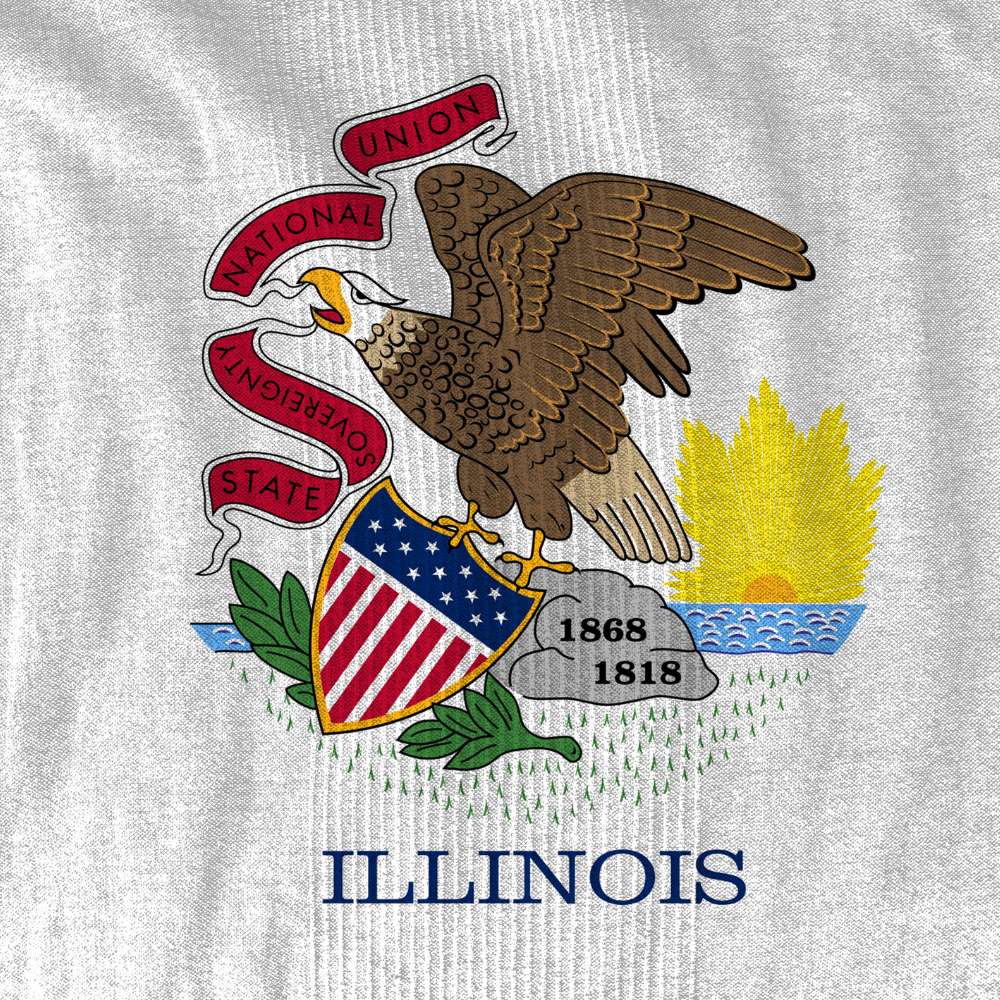When you retire, the idea of a peaceful life free from work stress is something we all look forward to. However, one thing that might surprise you is how taxes can impact your retirement income. Some states are much less tax-friendly than others, making it harder to keep more of your hard-earned savings.
This article will discuss the least tax-friendly states for retirees and explain why taxes can be a big issue when you’re living off retirement funds. If you’re planning your retirement or already retired, it’s important to know which states could leave you with more tax bills than you expect.
Why Taxes Matter for Retirees?
When it comes to retirement, managing taxes is just as important as managing savings. The less you pay in taxes, the more you have for living expenses, healthcare, and travel. States vary greatly when it comes to taxes on things like Social Security income, pension checks, and even the property you own. If you choose to retire in a state with high taxes, you might find that your retirement funds don’t stretch as far as you planned.
The least tax-friendly states for retirees typically tax your retirement income more heavily and may have higher property taxes as well. That means the state you choose to live in can make a big difference in how much money you have left over each month.
Least Tax-Friendly States for Retirees
Here’s a look at some of the least tax-friendly states for retirees. These states have higher taxes on income, property, or both, making them tougher for retirees trying to live on a fixed income.

1. California
California is one of the most beautiful and diverse places to live, but it’s also one of the least tax-friendly states for retirees. The state has high-income tax rates, with some reaching up to 13.3%. While California doesn’t tax Social Security benefits, most other types of retirement income, including pensions and 401(k) withdrawals—are taxed at a high rate.
Property taxes in California are relatively low because they’re capped at 1% of a property’s value. However, in some parts of the state, property values are so high that homeowners still end up paying a large amount in taxes.
2. New Jersey
New Jersey is known for its high cost of living and steep taxes, making it one of the least tax-friendly states for retirees. While it doesn’t tax Social Security income, it does tax other forms of retirement income like pensions, 401(k) withdrawals, and IRA distributions. The state has an income tax that ranges from 1.4% to 10.75%, depending on how much you make, which can take a serious chunk out of retirement savings.
Additionally, New Jersey has one of the highest property tax rates in the country. For retirees, that can mean a significant monthly expense, especially if you own a home.
3. Connecticut
If you’re considering retiring in Connecticut, you should be aware that it’s another state with high taxes. While Social Security income is not taxed, most other types of retirement income, like pensions and withdrawals from retirement accounts—are subject to tax. The state has an income tax rate that can go up to 6.99%.
Property taxes in Connecticut are also on the higher side, making it a more expensive state for retirees to live in. If you’re on a fixed income, these taxes can add up quickly.
4. Illinois

Illinois is one of the least tax-friendly states for retirees due to its high taxes on income. The state has a flat income tax rate of 4.95%, which applies to all income, including pensions and retirement account withdrawals. Even though Illinois doesn’t tax Social Security income, retirees still face high-income taxes on other forms of retirement savings.
In addition, property taxes in Illinois are high, especially in some of the more suburban areas around Chicago. This makes it tough for retirees who own homes to afford to live there.
5. New York
New York is an exciting place to live, but it comes with a heavy tax burden. New York taxes nearly all retirement income, including Social Security benefits, pensions, and 401(k) withdrawals. The state’s income tax rates can range up to 8.82%, which can quickly add up for retirees who have various sources of income.
Property taxes in New York are also high, especially in the suburbs of New York City and other wealthy areas. While the state offers some exemptions for senior citizens, these taxes can still be a burden for retirees living on a fixed income.
6. Maryland
While Maryland is known for its proximity to Washington, D.C., and its great culture, it’s also one of the least tax-friendly states for retirees. Like New York, Maryland taxes nearly all retirement income, including pensions, 401(k) withdrawals, and IRA distributions. The state has an income tax rate ranging from 2% to 5.75%, which can affect your retirement income.
Maryland also has relatively high property taxes, which can be a heavy burden for retirees. The combination of high taxes and a high cost of living makes Maryland a less-than-ideal place for many retirees.

7. Michigan
Michigan is another state that can surprise retirees with its taxes. The state has a flat income tax rate of 4.25%, which applies to all income, including retirement income like pensions and 401(k) withdrawals. This means retirees will face a tax bill even if they’re not earning much from work.
While Michigan’s property taxes are lower than in some other states, the overall cost of living can still be high in certain areas, especially around Detroit. Retirees may find it harder to stretch their savings in Michigan due to these combined costs.
Tips for Minimizing Taxes in These States
If you’re already living in one of these states or planning to retire there, there are a few strategies you can use to help reduce your tax burden:
1. Consider Moving to a Tax-Friendly State
If taxes are a major concern, it might be worth considering relocating to a state that is more tax-friendly for retirees. States like Florida, Texas, and Tennessee don’t have state income taxes, which can be a huge benefit for retirees.
2. Use Tax-Deferred Accounts
Make the most of your tax-deferred retirement accounts, such as IRAs and 401(k)s. Contributing the maximum to these accounts can lower your taxable income in the years leading up to retirement.
3. Look for State-Specific Tax Breaks
Some states offer tax breaks specifically for seniors, such as deductions on retirement income or property tax credits. Be sure to research what’s available in your state and take advantage of any benefits that apply to you.
Final Thoughts
Taxes can make a huge difference in how far your retirement savings go. The least tax-friendly states for retirees, such as California, New Jersey, and New York, can have a heavy impact on your finances, especially if you rely on retirement income or own a home. Understanding how state taxes will affect your retirement can help you plan for the future and make the best decision for your financial well-being.
Before choosing a retirement destination, take the time to research the tax policies and overall cost of living. Whether you decide to stay in your current state or move somewhere else, careful planning can help ensure you enjoy your retirement without the stress of excessive taxes.







